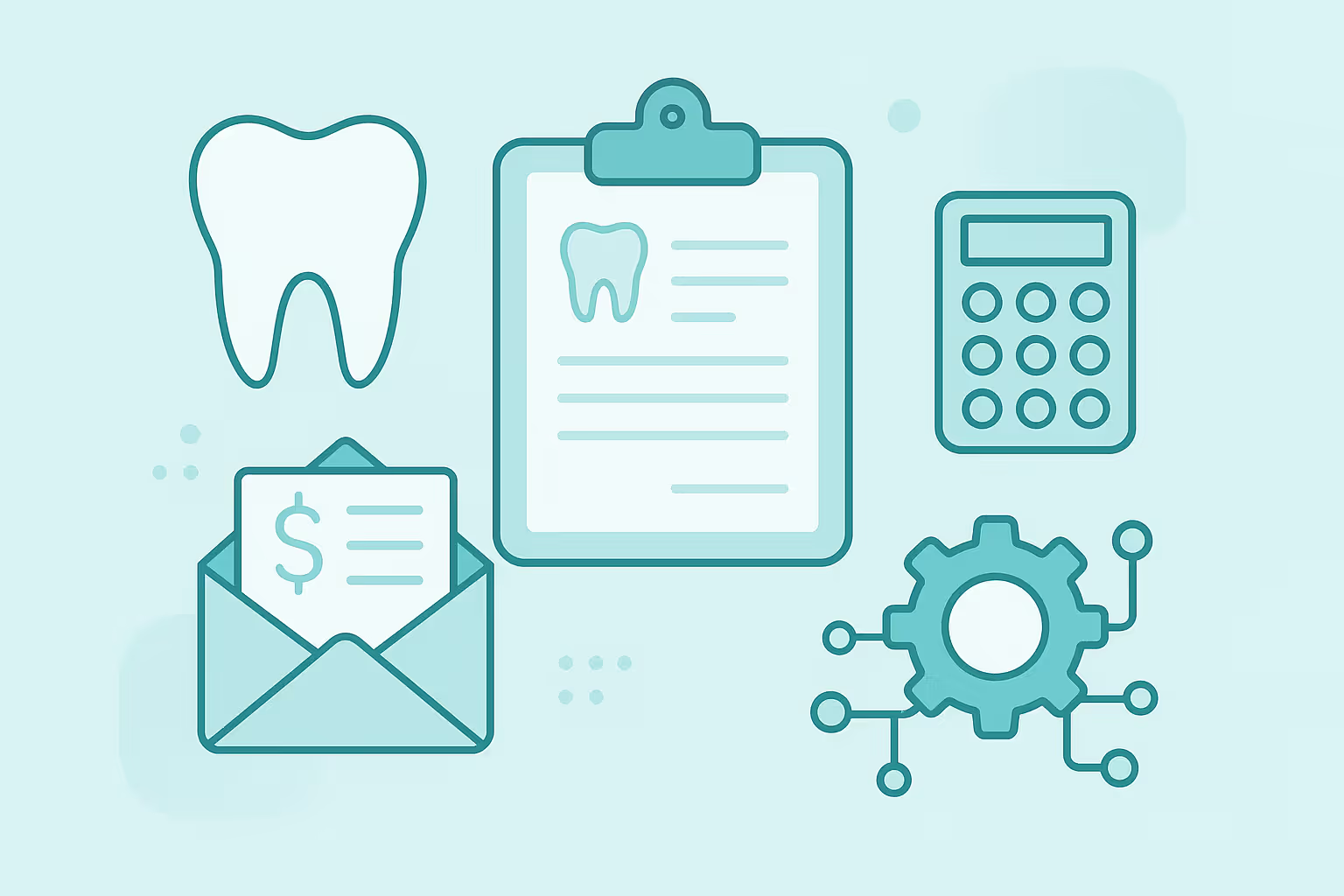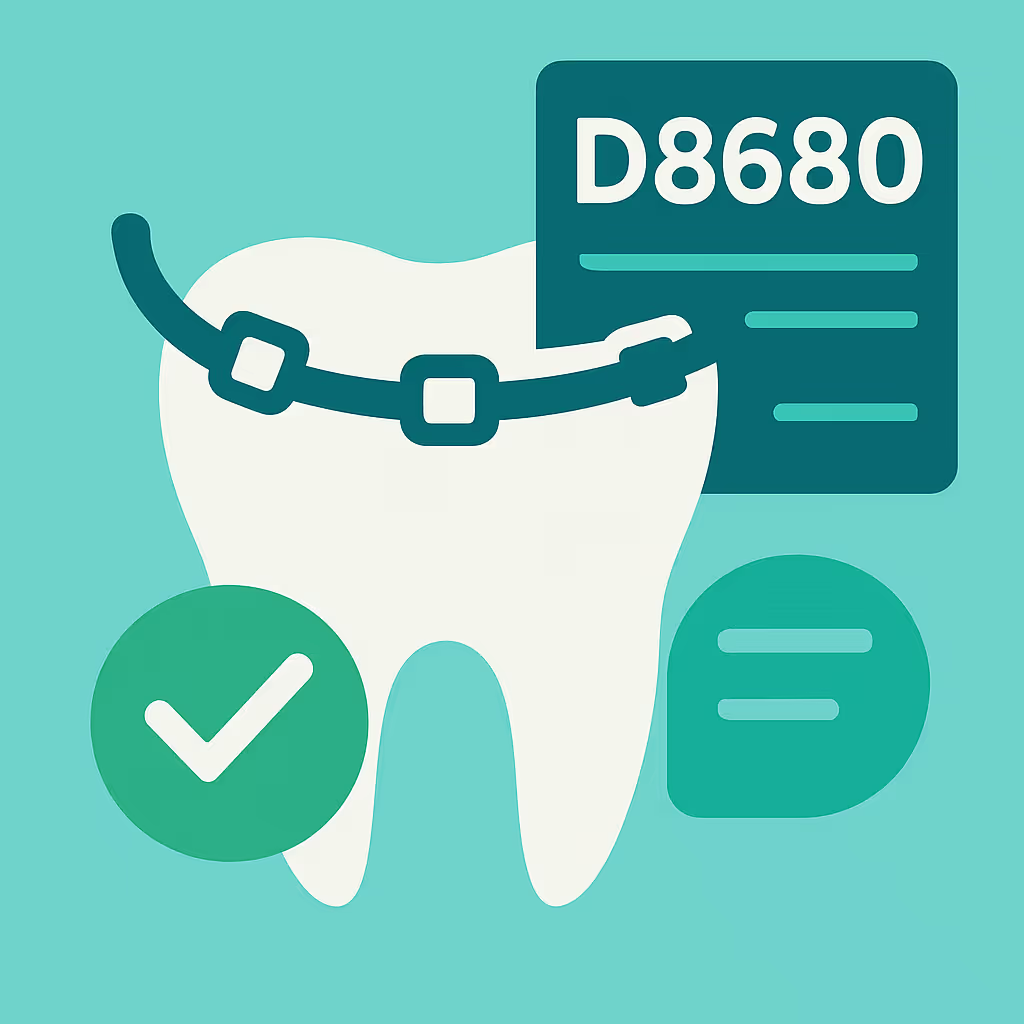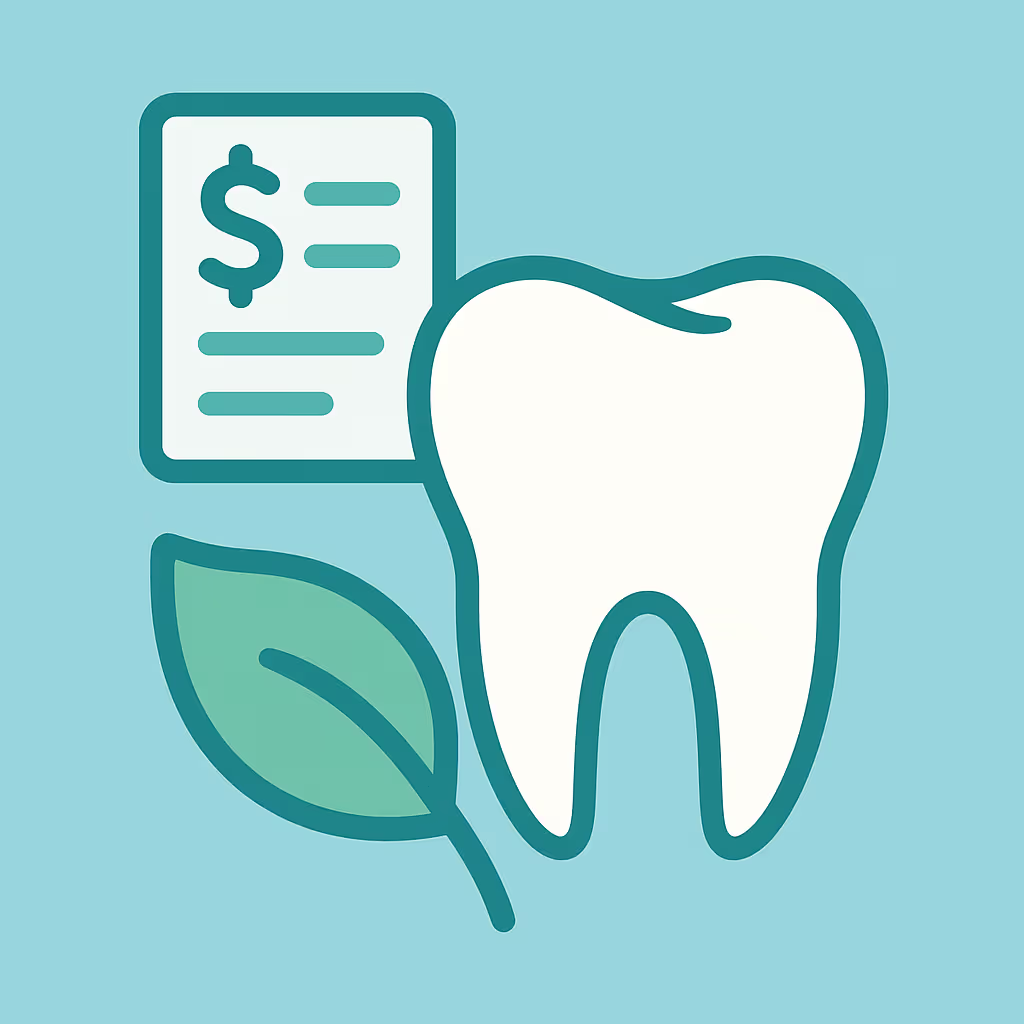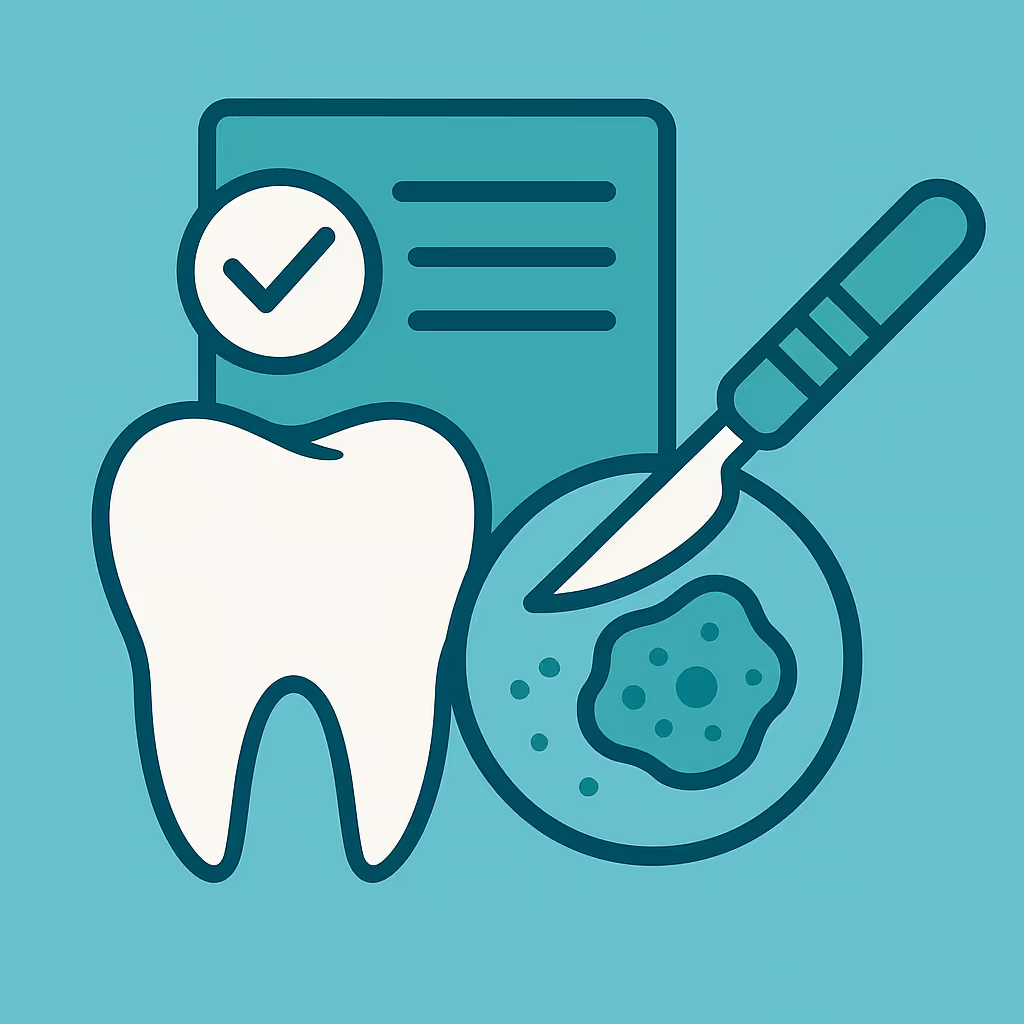Careers in Dental Claims Processing
Dental claims processing jobs are vital to the smooth operation of dental practices and insurance companies alike. As the dental industry continues to grow, so does the demand for skilled professionals who can navigate the complexities of dental billing, insurance verification, and claims management. If you’re considering a career in dental claims processing, understanding the responsibilities, required skills, work environments, and career outlook can help you make an informed decision and set yourself up for success.
What Does a Dental Claims Processor Do?
A dental claims processor is responsible for reviewing, submitting, and following up on dental insurance claims to ensure timely and accurate reimbursement. Their core duties include:
- Insurance Verification: Confirming patient eligibility and benefits before treatment, often by contacting insurance carriers or using online portals.
- Claim Submission: Preparing and submitting claims using correct CDT codes, ensuring all required documentation (such as X-rays or narratives) is attached.
- Claims Tracking: Monitoring submitted claims, identifying delays, and following up with payers as needed.
- Denial Management and Appeals: Reviewing Explanation of Benefits (EOBs), identifying reasons for claim denials, and preparing appeals with supporting documentation.
- Accounts Receivable (AR) Management: Reconciling payments, posting insurance payments, and resolving discrepancies to keep AR days low.
Successful dental claims processors follow best practices such as double-checking CDT codes for accuracy, maintaining organized records, and communicating proactively with both patients and insurance representatives.
Skills and Qualifications for Claims Processing
To excel in dental claims processing jobs, candidates need a blend of technical knowledge and soft skills:
- Attention to Detail: Accurate data entry and code selection are critical to avoid claim rejections.
- Knowledge of Dental Terminology and CDT Codes: Understanding dental procedures and coding standards is essential.
- Communication Skills: Effective communication with patients, dental teams, and insurance carriers helps resolve issues quickly.
- Problem-Solving Abilities: Navigating claim denials and appeals requires persistence and analytical thinking.
- Familiarity with Dental Practice Management Software: Experience with platforms like Dentrix, Eaglesoft, or Open Dental is often preferred.
While some positions require only a high school diploma, many employers value candidates with formal training in dental billing or experience in dental office administration.
Work Environments: Dental Offices vs. Insurance Companies
Dental claims processors can work in a variety of settings, each with unique workflows and expectations:
- Dental Offices: Processors in dental practices handle insurance verification, claim submission, and patient billing. They often interact directly with patients to explain benefits and resolve billing questions.
- Insurance Companies: Claims examiners or adjusters at insurance carriers review incoming claims, verify coverage, and determine reimbursement amounts. They may also handle provider inquiries and appeals.
Some professionals also work remotely or for third-party dental billing companies, offering flexibility and exposure to multiple practice types.
Job Outlook and Salary Expectations
The demand for dental claims processing jobs is expected to remain steady as dental practices continue to prioritize efficient revenue cycle management. According to recent industry data, entry-level dental claims processors can expect to earn between $18 and $25 per hour, with experienced professionals or those in supervisory roles earning higher salaries. Factors influencing pay include geographic location, years of experience, and certifications.
Opportunities for advancement include moving into AR management, dental office management, or specialized roles in dental insurance companies. As dental billing becomes more complex, skilled claims processors are increasingly valued for their expertise and ability to maximize practice revenue.
Training and Certification Opportunities
While on-the-job training is common, formal education and certification can enhance your credentials and job prospects. Consider the following pathways:
- Dental Billing and Coding Courses: Many community colleges and online programs offer courses covering CDT codes, insurance workflows, and dental software.
- Certification: Credentials such as Certified Dental Billing Specialist (CDBS) or Certified Dental Coder (CDC) demonstrate advanced knowledge and commitment to the field.
- Continuing Education: Staying current with changes in CDT codes, payer policies, and dental regulations is essential for long-term success.
Investing in your education not only increases your earning potential but also helps you stay competitive in a rapidly evolving industry.
In summary, dental claims processing jobs offer a rewarding career path for detail-oriented individuals who enjoy problem-solving and supporting the financial health of dental practices. With the right skills, training, and dedication, you can build a stable and fulfilling career in this essential field.





